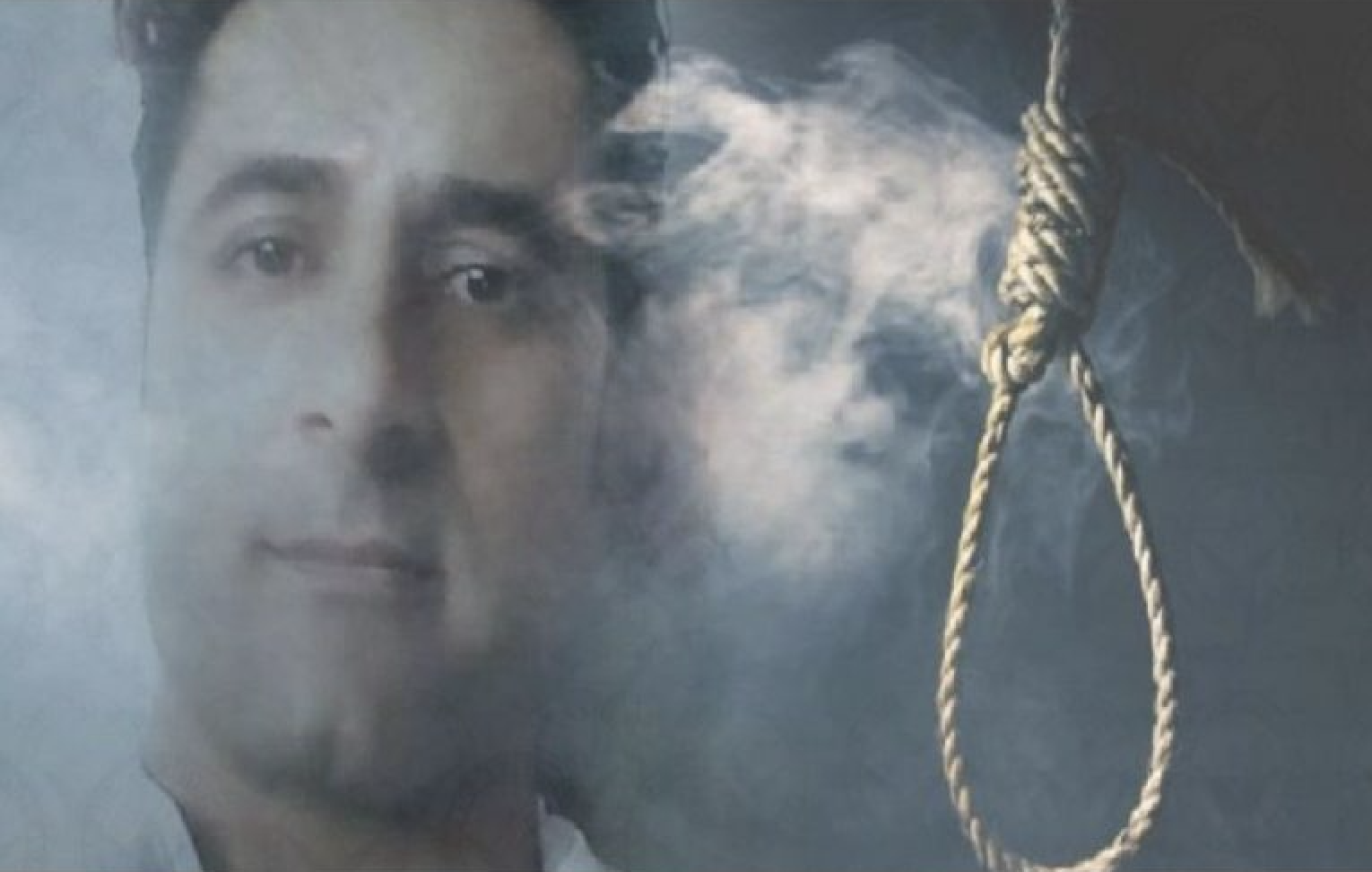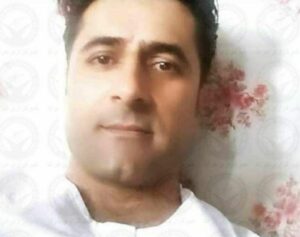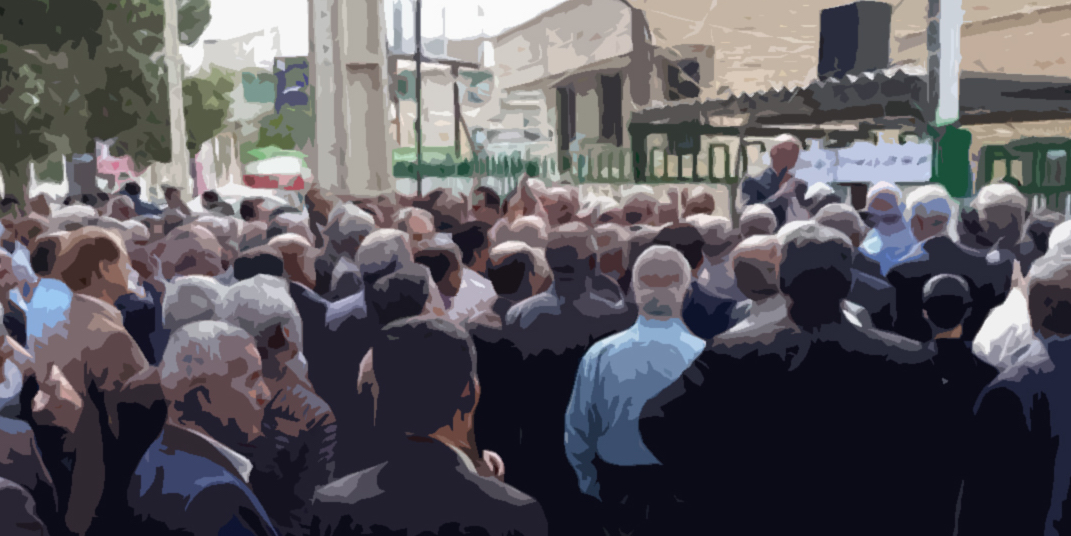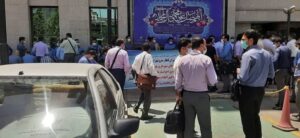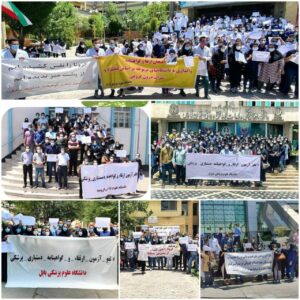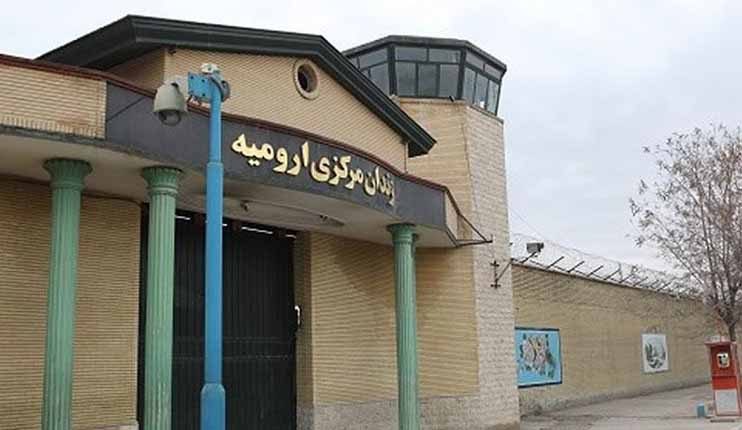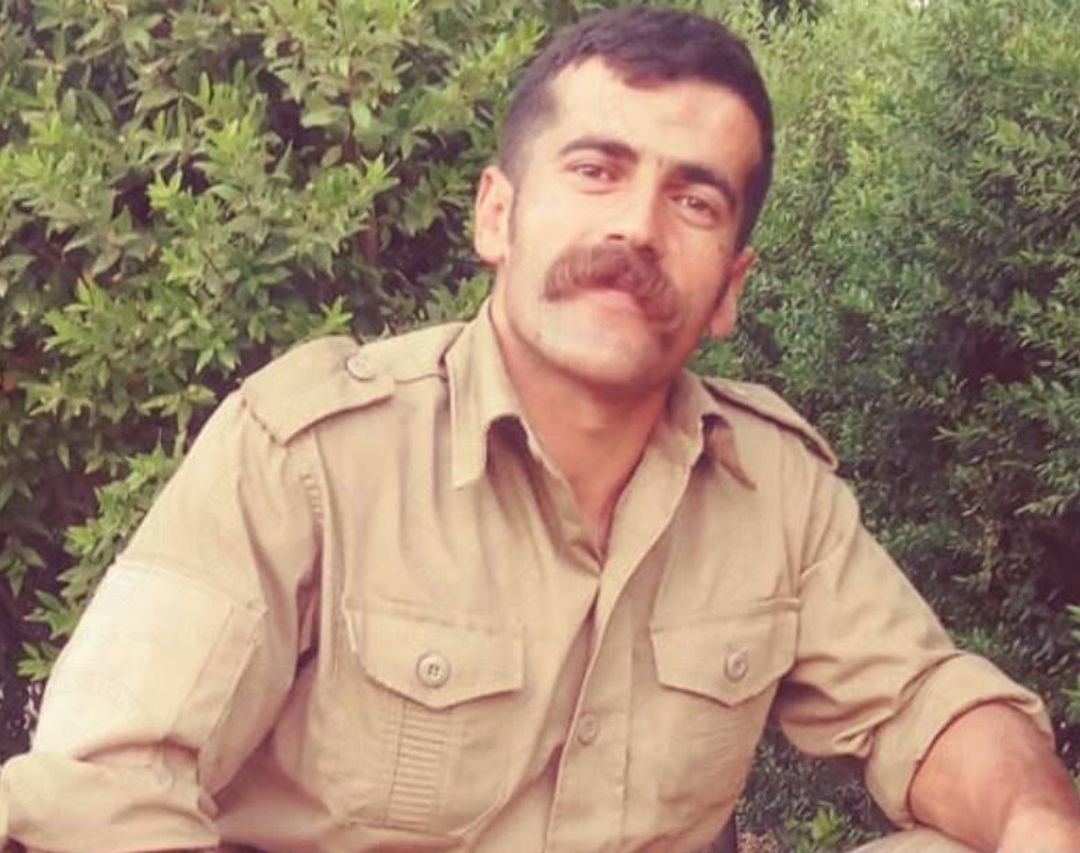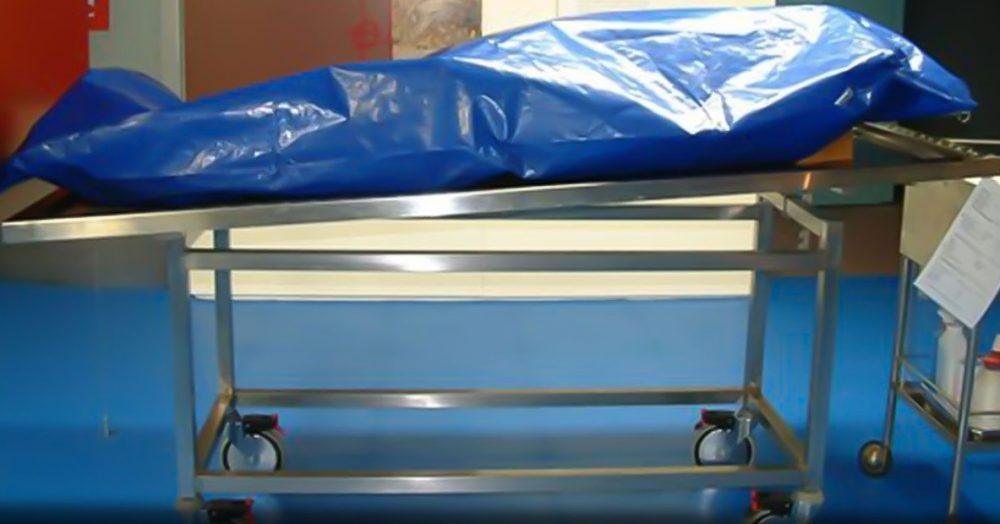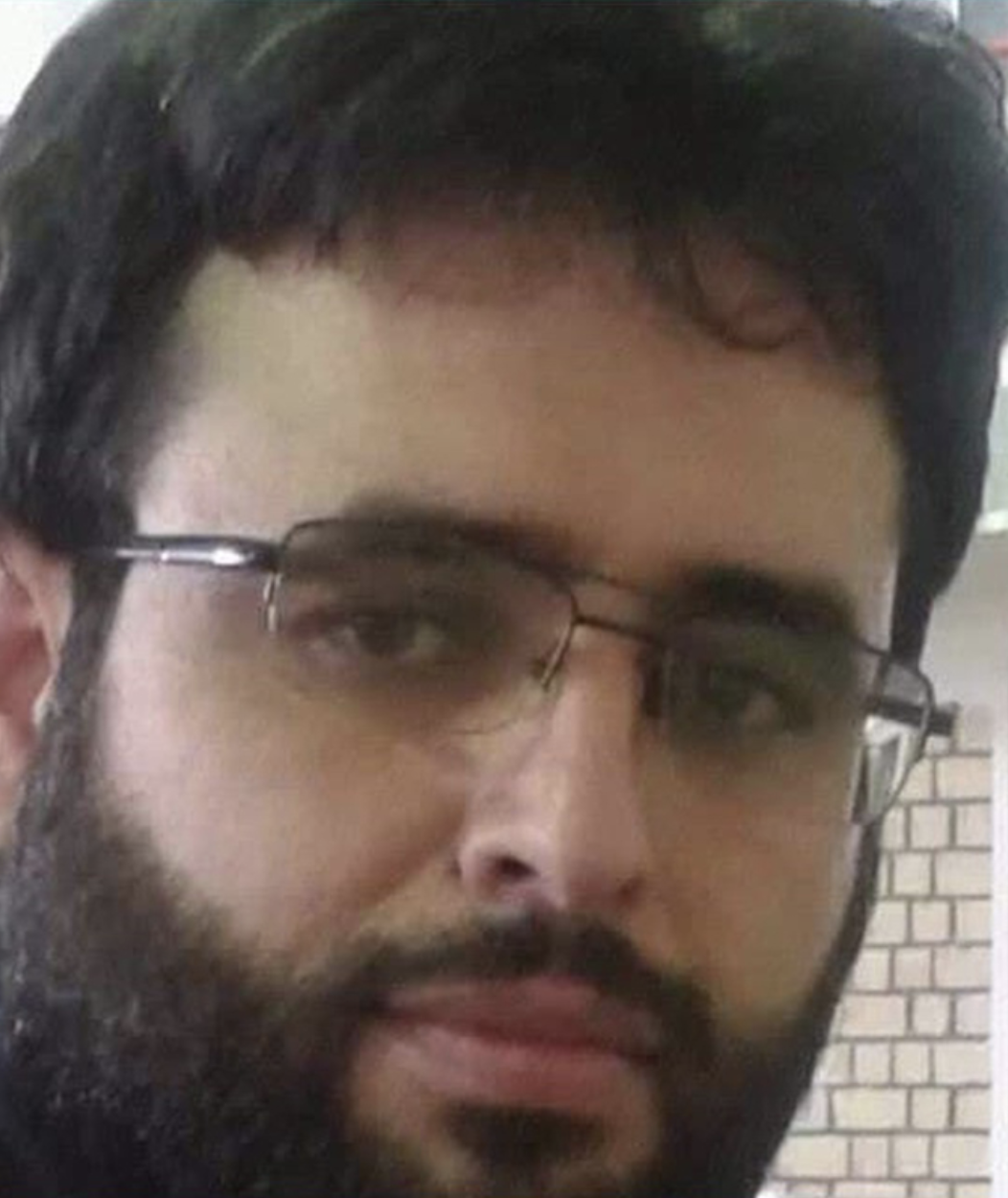On Saturday, July 3, Nasser Azmoudeh and Shahriar Amiri were executed in Urmia Prison, even though the Supreme Court has not yet reached a verdict on their appeal.
According to HRANA, the news agency of Human Rights Activists, the two prisoners had previously been sentenced to death on drug-related charges.
Azmoudeh and Amiri, who had been kept in Urmia Prison since 2018, were transferred to solitary confinement the day before the execution took place.
The lack of a fair and transparent trial process in the Iranian judiciary, especially in cases that lead to irreversible sentences such as the death penalty, has long been criticized by human rights organizations. Just this week, the death sentence of a prisoner who was executed 10 months ago was overturned by the Supreme Court.
Iran ranks first in the world in citizen executions per capita, according to international organizations. The Statistics and Publication Center of the Human Rights Activists in Iran (HRA) reported that between January 1st and December 20th of 2020, at least 236 citizens were executed.
One of these citizens was executed publicly, and two were juvenile offenders. An additional 95 citizens were sentenced to death.
According to the report, more than 72% of executions in Iran are not reported by the government or the judiciary. Human rights organizations call these “secret executions”.
The executions of Azmoudeh and Amiri have not been announced by Iranian media or official sources as of this writing.




